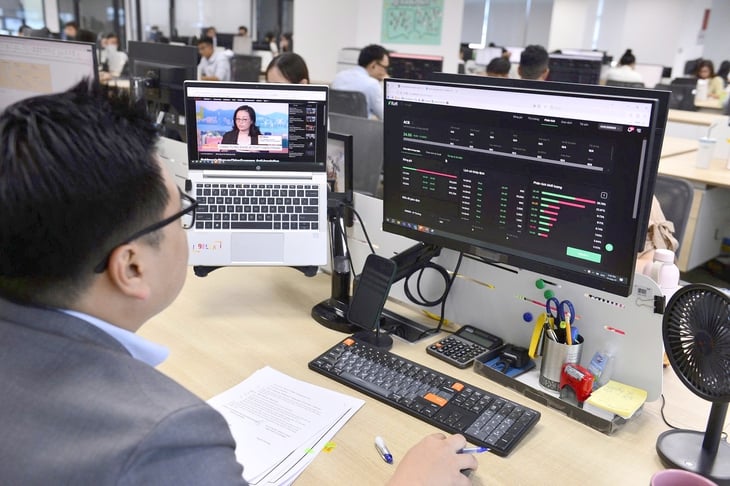
Many experts expect Vietnam's stock market to attract large capital flows, with 6 - 8 billion USD after being upgraded - Photo: QUANG DINH
According to the plan, upgrading Vietnam's securities to a secondary emerging market will officially take effect from September 21, 2026, after the mid-term review in March 2026.
The rollout is expected to be carried out in several phases, with details to be published by FTSE Russell in its March 2026 interim equity market classification report, due for release in early April 2026.
However, according to experts, this is just the beginning of a new development phase, and reform requirements will become increasingly deeper and broader to achieve long-term goals in the future.
Will attract 6 - 8 billion USD and more...
Mr. Nguyen Van Thang, Minister of Finance , said that the upgrading of Vietnam's stock market is one of the important milestones in its development journey over the past 25 years.
"The upgrade of Vietnam's stock market not only creates a great opportunity for Vietnam to attract foreign capital resources, but is also clear evidence of Vietnam's correct development path and increasingly deep integration capacity into the international financial system," said Mr. Thang.
However, according to Mr. Thang, upgrading is not a destination but a journey to develop Vietnam with quality, transparent and sustainable growth. In that journey, each stage will be associated with determination and the highest effort to implement effective solutions to achieve the important goals set.
"We expect that the capital market in general and the stock market in particular will witness a qualitative change, not only welcoming high-quality foreign capital but also accompanied by higher requirements on corporate governance or publicity, transparency..., contributing to bringing the stock market to a new level of development," said Mr. Thang.
Mr. Nguyen Viet Cuong, Vice President of KAFI Securities, said that the upgrading of Vietnam's securities will trigger a new wave of investment funds specializing in allocating to emerging markets.
Experience from markets that have been upgraded by FTSE in the past shows that new capital flows often surge about 9-12 months after the upgrade decision is announced.
"In my opinion, the above scenario will be similar to Vietnam's stock market. It is estimated that the capital poured into the emerging market will be around 5-7 billion USD, after deducting the withdrawal from frontier market investment funds. Thus, Vietnam can attract a net of 2.5-4 billion USD after being upgraded," Mr. Cuong said.
However, according to Mr. Cuong, funds also need time to evaluate the market and build a portfolio, for 6-9 months, before they can disburse.
Mr. Anthony Le, Deputy Director of the Institutional Brokerage Department of Vietcap Securities Company, said that the upgrade will expand access opportunities to the Vietnamese market for a completely new group of investors - organizations that were previously limited in investment due to market classification restrictions.
International securities companies estimate that net investment capital from foreign investors could reach 6-8 billion USD and in a positive scenario, this figure could reach 10 billion USD, including both active funds and passive funds (ETFs) - in which active funds are forecast to account for the majority.
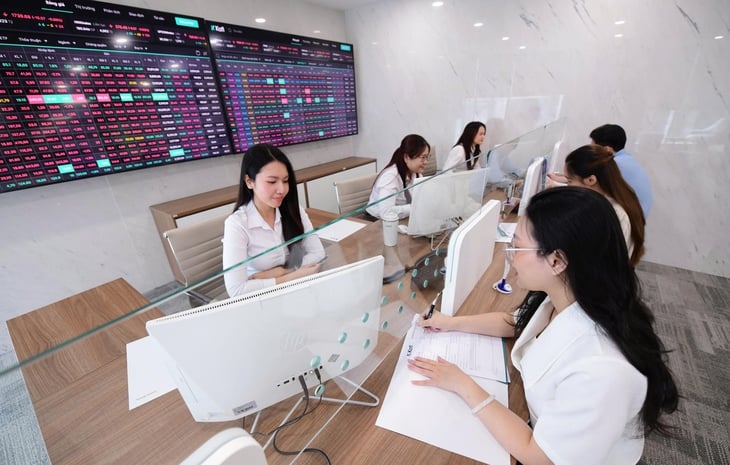
Although affirming that the opportunity to attract foreign capital is very large, experts say that there is still much work to be done to make it easier and more secure for foreign investors to invest in Vietnamese stocks.
But there is still much work to be done.
According to Mr. Cuong, FTSE Russell is one of the largest investment index providers and ranking organizations in the world . "Many investment funds - both active and passive - use FTSE's ratings as the first criteria to decide on capital allocation. Total assets managed based on FTSE's indices are estimated at about 3,000 billion USD," Mr. Cuong said.
But Vietnam's next goal is to achieve the upgrading standard of MSCI - an organization with a much larger level of influence and capital flow. "If Vietnam is recognized as an emerging market by both FTSE Russell and MSCI, it will be a great step forward, opening the door to receive tens of billions of dollars of international investment capital," Mr. Cuong hopes.
To meet more stringent criteria in the future, according to Mr. Cuong, Vietnam needs to continue to make market operations transparent, diversify investment products and perfect a more flexible legal framework. "Both FTSE Russell and MSCI consider investor protection as a key criterion. The ultimate goal is to ensure that risks are minimized and the interests of investors - especially foreign investors - are maximally protected," said Mr. Cuong.
Meanwhile, according to some experts, investing in the Vietnamese stock market from abroad has always been difficult. Mr. Owens Huang, portfolio manager at Dalton Investments, said investors will need many months to complete procedures and receive identification codes before being able to participate in the market.
"The foreign ownership restriction has pushed up the prices of some stocks, forcing foreign investors to pay higher prices than domestic investors," said Mr. Owens Huang.
Ms. Vu Ngoc Linh, Director of Vinacapital Market Research and Analysis Department, said that the Vietnamese stock market still depends heavily on two key sectors: finance (37%) and real estate (19%). Meanwhile, a more diversified industry structure will help the market better reflect the economy in general and reduce over-dependence on banks and real estate.
However, according to Ms. Linh, the upcoming wave of IPOs will boost market capitalization, rebalancing the market's industry structure. And this diversity also helps increase market liquidity, attracting more investors with different strategies and risk appetites.
"In the long term, a diversified market will promote sustainable growth, strengthen investor confidence and support the continuous development of the capital market," Ms. Linh affirmed.
Vietnam's stock market will attract many new "sharks"
Faced with concerns that money may be withdrawn from frontier market investment funds after Vietnam is upgraded by FTSE Russell, Mr. Pham Luu Hung, chief economist and director of SSI Research, said the size of these funds is not large, while the transition period lasting until 2026 will help the Vietnamese market have enough room to absorb them.
According to Mr. Hung, the larger goal of the upgrade is not only the estimated net purchase of about 1.6 billion USD from passive funds, but also to attract new capital flows and large-scale institutional investors, "players" with long-term influence on the market. In addition, the development process of the Vietnamese capital market does not stop at the story of upgrading, but is also a journey to expand and perfect the market structure.
"To increase market depth, IPO activities still need to be promoted, especially large-scale deals. This will be an important "catalyst" to help attract more foreign investors," Mr. Hung said, adding that other internal factors such as economic growth rate, new listing wave and improved business quality are also Vietnam's own attractive points.
According to SSI's estimates, if the market attracts foreign capital flows again from these factors, the value of capital inflows may far exceed the disbursement of passive funds after FTSE's upgrade. And not only existing investment funds, Vietnam will also welcome new investment funds, "sharks" that have never appeared on the market.
Many international organizations are interested
Besides domestic investors, the event of Vietnam's stock market being upgraded has also attracted international attention. The Financial Times (FT) commented that the stock market upgrading took place at an important time for Vietnam, right when Vietnam is becoming a key link in the global supply chain.
Wanming Du, head of Asia-Pacific index policy at FTSE Russell, said the reclassification is expected to be structural for Vietnam’s capital markets. “This reinforces Vietnam’s progress towards greater openness, improved liquidity and deeper participation from institutional investors,” Du said.
Meanwhile, Mr. Bill Hayton, a researcher at the Asia Program at Chatham House (UK), commented that this upgrade is "quite important for Vietnam" and is "another step towards being seen equally as other international economies".
Since the beginning of 2025, Vietnam's VN-Index has increased by 33% and is the market with the strongest growth in Southeast Asia. The VN-Index has also set record highs many times in 2025, reflecting investors' optimism about the prospect of market upgrade and the domestic economy growing steadily.
After Vietnam's securities market is upgraded, HSBC's global investment research department predicts that foreign capital flows of up to 3.4 - 10.4 billion USD from active and passive investment funds will flow into the Vietnamese market.
"Normally, when other markets are upgraded from "frontier" to "emerging", such as Saudi Arabia, Kuwait or Pakistan, within 2 years, the amount of direct investment capital often increases 5-7 times," Mr. Tim Evans, General Director of HSBC Vietnam, expects a similar scenario to happen with Vietnam.
Why is a review in March 2026 needed?
According to Ms. Vu Ngoc Linh - Director of the Vinacapital market analysis and research department, although FTSE Russell recognized that Vietnam fully met all the necessary criteria for upgrading, the organization's Advisory Committee said there were still some concerns related to the accessibility of foreign brokerage companies when trading in the Vietnamese market.
While this is not a mandatory condition for secondary emerging markets, FTSE Russell stresses that expanding access to foreign investors is an important factor in supporting index replication and meeting the needs of the global investment community. Therefore, Vietnam will be reviewed in March 2026 to assess progress in addressing this issue.
"We believe that the market management agency in Vietnam can proactively find a solution to this problem, helping Vietnam's securities to be upgraded in September 2026 as planned," said Ms. Linh.
Source: https://tuoitre.vn/thi-truong-chung-khoan-viet-nam-sau-nang-hang-cho-dong-von-cua-cac-ca-map-moi-2025100907533563.htm








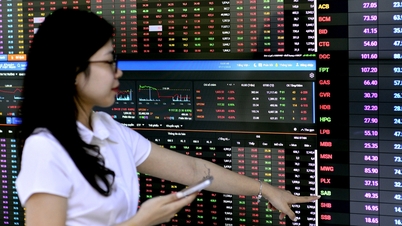
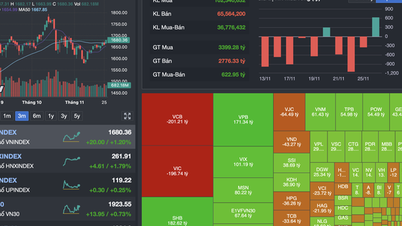

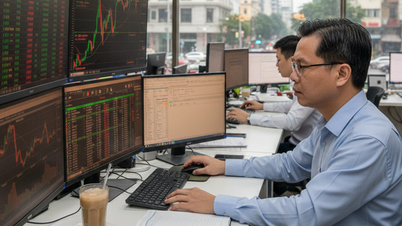
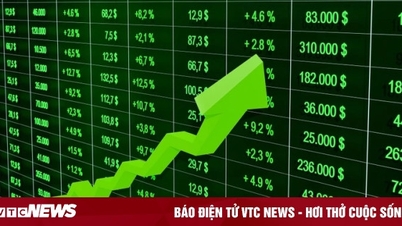



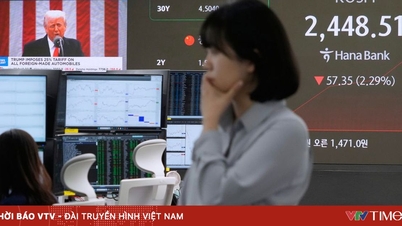
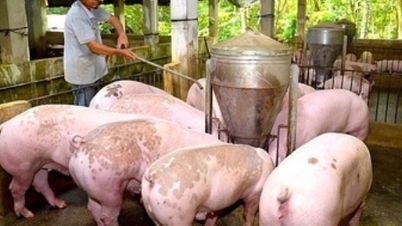

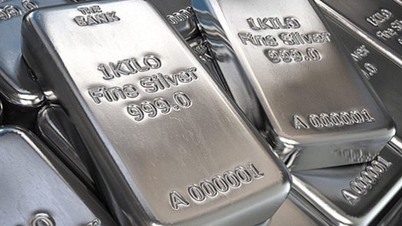



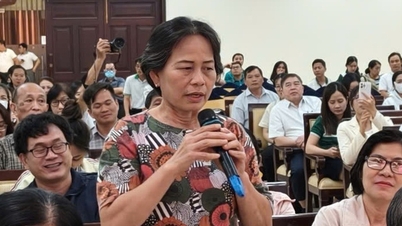
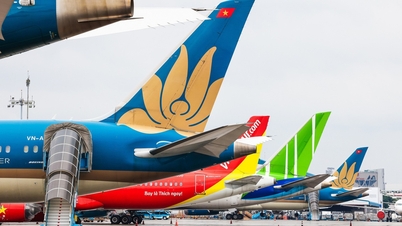


































































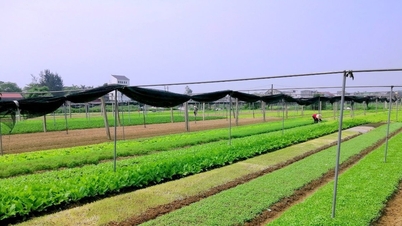













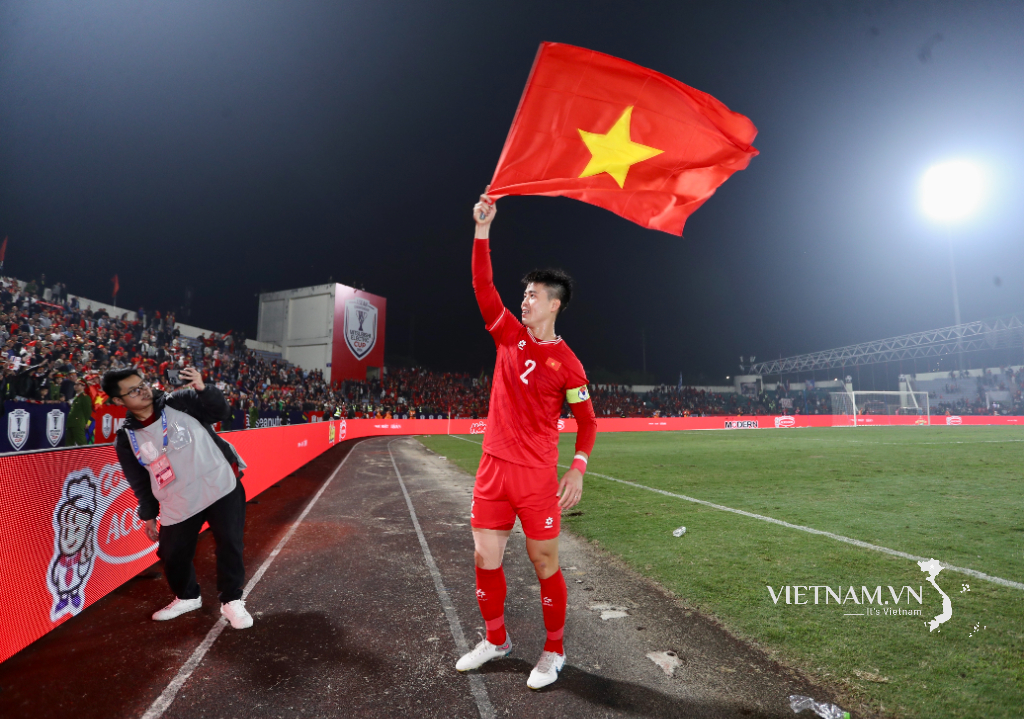

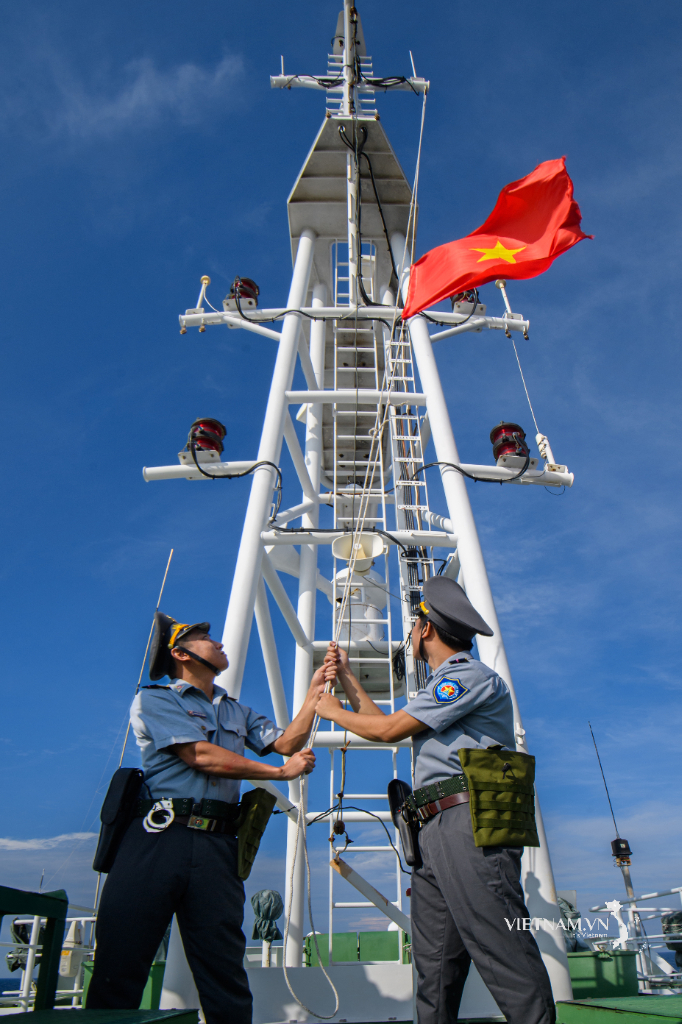

Comment (0)